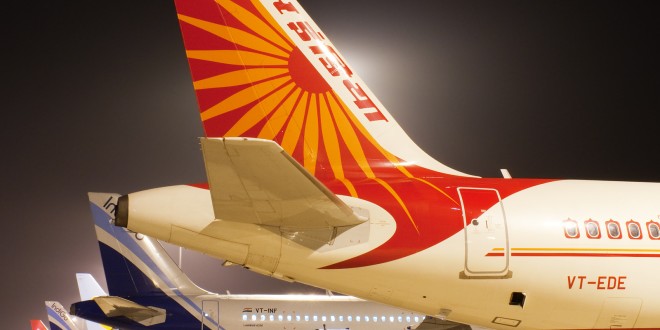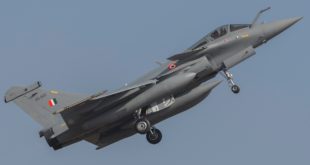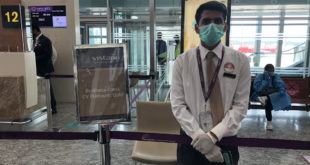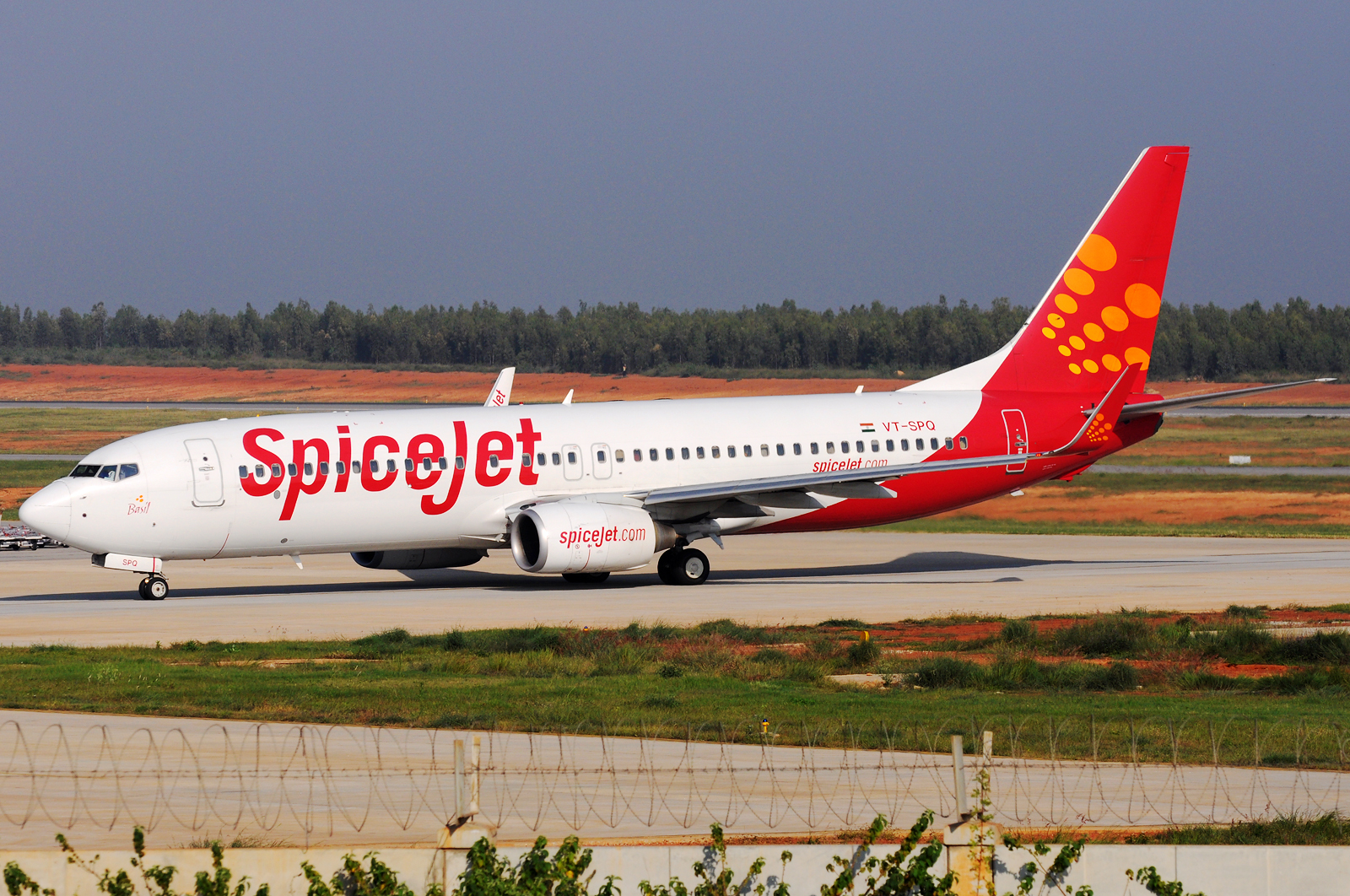One of the most regressive pieces of Indian civil aviation policy, the ‘5/20 rule‘ requires Indian carriers to fly for a minimum of five years and have a fleet of 20 aircraft before they can operate overseas routes, while allowing foreign carriers to operate to India, unhindered by any such norms. With implications on competitiveness, airline networks and aircraft utilisation, it is a rule that should not require second thought by regulators especially given the promise of minimum government and maximum governance by the current government.
The impact of 5/20 has not been understood by Indian regulators. Today, there is little doubt, foreign airlines led by the gulf majors dominate the international air traffic of India. Dubai based Emirates airline is sarcastically referred to as “the unofficial national carrier of India”. DGCA data for the fiscal year ending March 31, 2014 confirms this thought. In the full service segment, the two Indian carriers, Jet Airways and Air India carried 10.54 million passengers, while the four gulf airlines Emirates, Qatar, Etihad and Oman Air carried 8.89 million passengers, of which Emirates alone carried 4.83 million or 54.33%. Emirates which is the world’s largest international airline deploys and carries about 12% of its total traffic to and from India. With over 8.9 million passengers, India was also the top destination for Dubai, the largest international airport in the world.
Abu Dhabi and its home carrier Etihad Airways may overtake their Dubai cousins soon. They stand to gain a total round 90,000 seats per week, an unheard of 700%+ increase in seat allocation, thanks to a sweetheart bilateral air services agreement deal signed by the UPA2 led government in April 2013, the same time Etihad took a 24% stake in Jet Airways. (Read of our analysis of the agreement).
Why blame the foreign carriers and countries? Their leaders recognised the benefits of the aviation industry, and committed to it, while Indian leaders ensured that everyone in the aviation industry made money, except Indian airlines. Air India which was the first “all jet airline” in the world (yes ahead of even the Americans), is today the laughing stock of world aviation having swallowed up over Rs 16,000 crore of tax-payer funded bailout and yet dependent on more cash infusions to even meet salaries.
Credible challenge
Making idle comments bemoaning the situation does not help. As the Indian economy grows and the demand for seats increase, the calls by many Air India and Jet Airways apologists to restrict access of foreign carriers is against the interests of the Indian passenger, who needs more lower priced tickets, not fewer and higher priced. India has built many magnificent airports which now need hub airlines, like Dubai has Emirates, to ensure optimum usage of this expensive infrastructure.
Seat capacity is a function of a competitive marketplace and the consequent power of choice is a fundamental consumer right. A bold step in this direction will be elimination of the 5/20 — which will benefit consumers and stakeholders and the entire nation.
Government needs to create an environment for Indian airlines to grow strong in the long run. Unfortunately, it appears there is no Indian airline that can mount a credible challenge to the gulf dominance. Air India is mired in its problems with no end in sight. Jet Airways is concentrating on feeding the Abu Dhabi hub of its minority stakeholder, Etihad Airways. IndiGo, SpiceJet GoAir and Air India Express are low cost, point to point carriers and cater to budget concious passengers who only travel till the middle-east and other regional foreign countries.
This leaves Vistara, the newly formed airline of the Tata-Singapore Airlines joint-venture. The Tatas have the strategic vision, determination, and the resources, while Singapore Airlines has the operational excellence to build, grow, and sustain, a quality global level Indian airline. Remove the 5/20 rule but take a quid-pro-quo with Vistara which ensures they become an Indian international airline, and not just a regional feeder for a foreign airline.
The changes will not happen right away, but hopefully before the end of this decade, the Tatas will have once again built an airline, India can be proud of; and who knows, seeing the Tatas, may be some other Indian business houses as well.
 Bangalore Aviation News, Reviews, Analysis and opinions of Indian Aviation
Bangalore Aviation News, Reviews, Analysis and opinions of Indian Aviation





Tata should have purchased an existing airline like GoAir and then they could have flown international straight away.
Yes and ask Indian carrers to use innovation and competition for improving performacne